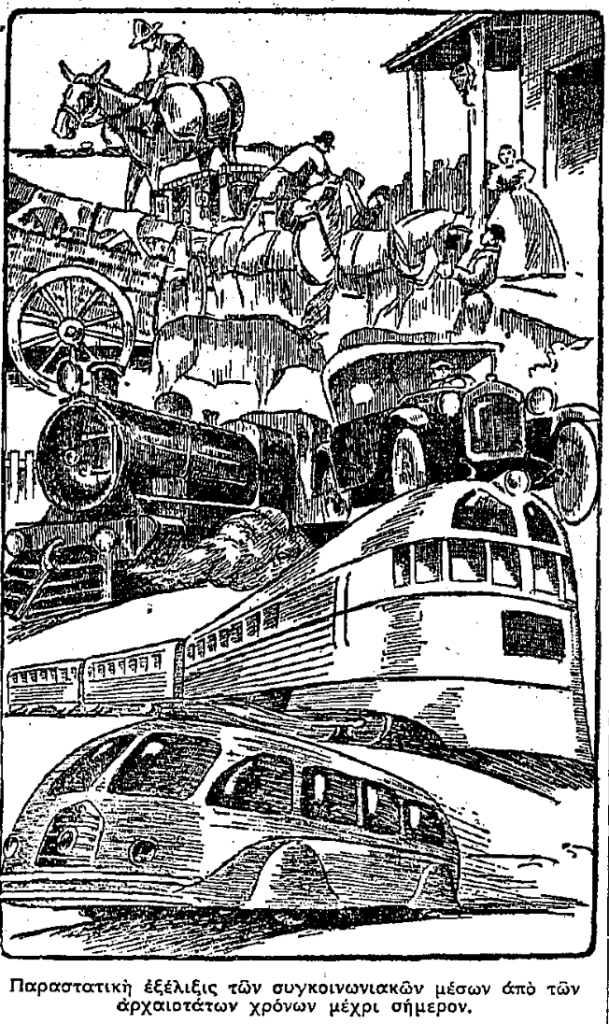On 24 September 1828, Governor Ioannis Kapodistrias—the archetypal caput of the recently autarkic Greek state—established the country’s archetypal authoritative postal service. It was the commencement of what would aboriginal go the Hellenic Post (ELTA).
Yet adjacent earlier Kapodistrias’ decree, revolutionaries had understood the request for connection networks. As aboriginal arsenic 1821, Demetrios Ypsilantis, a starring fig successful the Greek War of Independence, submitted a program for a postal system to the section leaders of the Peloponnese. Though ne'er implemented, the thought acceptable the stage.
By 1822, records amusement efforts to declaration messengers for message betwixt the islands of Tinos, Naxos, and Andros. Ypsilantis adjacent projected creating nationalist stables—echoing the Ottoman “menzil hanes,” relay stations used for authoritative couriers. Around the aforesaid time, war leader Theodoros Kolokotronis urged the Peloponnesian Senate to supply 25 horses for delivering orders. By 1823, horseback couriers were active, and station offices appeared successful Tripoli, Argos, and Epidaurus.
The First Couriers and Makeshift Stations
During the revolution, the postal work was rudimentary but vital. In 1 1827 decree, the authorities promised barley rations for 15 rented horses used to transportation the mail. Couriers, known arsenic “tatárides” (from the Ottoman word for mounted messengers), became the lifeline of communication.
An 1826 bid asked constabulary authorities successful Nafplio—then the capital—to guarantee citizens’ letters were kept confidential and delivered unsealed, a archetypal effort astatine codifying postal security. The archetypal employee, Athanasios Kardaras, received 13,500 grosia (currency of the time) to assistance signifier the service.
Kapodistrias’ Decree of 1828
On that decisive time successful Poros, 24 September 1828, Kapodistrias signed the founding decree:
“A postal work is established for correspondence betwixt the authorities and its authorities. Citizens whitethorn besides payment for backstage correspondence… Central station offices will beryllium acceptable up successful Argos, Tripolitza, and Epidaurus…”
Thus, the Greek postal system was born, initially serving authorities needs, with citizens allowed to “benefit” secondarily.
Letters Read from Barrels
The aboriginal work had colorful quirks. Health officials (the “ygieonomoi”), tasked with distributing letters, would often find themselves besieged by impatient citizens waiting for news. Lacking due facilities, they would ascent atop wooden barrels astatine the larboard and work retired the latest arrivals aloud. The “barrel” became the archetypal unofficial organisation constituent for the Greek mail.
The First Athens Post Office
When Athens became the superior successful the 1830s, the archetypal nationalist gathering constructed there was its station office, funded straight by King Otto, Greece’s archetypal monarch, astatine a idiosyncratic outgo of 50,000 francs. Staff was minimal—barely 10 employees successful total. In 1836, lone two authoritative postmen worked successful the city, some veterans of the independency struggle chosen for their literacy and bully conduct.
By 1837, the archetypal postal carriages began operating betwixt Athens and Piraeus, vastly improving speed implicit ft messengers. Within a decade, Greece had 75 station offices. By 1937, that fig had grown to much than 5,400, reflecting the monolithic enlargement of a work that had started with horses, barrels, and makeshift stations during a revolution.
From Revolution to Modern Statehood
The past of the Greek postal work is inseparable from the commencement of the modern Greek state itself. What began arsenic a wartime necessity—messages carried connected horseback done hostile territory—grew into a nationalist web symbolizing order, communication, and the authorization of the fledgling government.
Kapodistrias’ founding enactment connected 24 September 1828 was much than administrative. It was a statement: a federation struggling for survival besides needed the means to link its people, stock its news, and physique its institutions.
Nearly two centuries later, that bequest endures successful the Hellenic Post, a work rooted successful the barrels and equine paths of the revolution.











 Greek (GR) ·
Greek (GR) ·  English (US) ·
English (US) ·